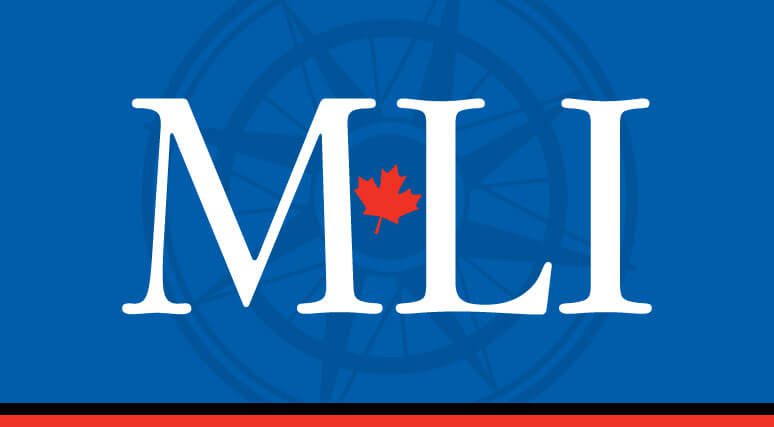 Former FINTRAC director explains the dangers of organized crime, and how we can better use financial transactions data to stop it
Former FINTRAC director explains the dangers of organized crime, and how we can better use financial transactions data to stop it
OTTAWA, MARCH 13, 2014 – Canadians are “extraordinarily naïve” about the dangers of organized crime in this country, according to Jeanne Flemming, former director of the Financial Transactions and Reports Analysis Centre of Canada, or FINTRAC, in the latest instalment of MLI’s Straight Talk series of Q&As.
“I believe Canadians would be shocked to know just how much criminality exists in this country”, she told MLI. “We only have to look at the recent revelations of corruption in Quebec to get a glimpse of the extent to which this element has already undermined our institutions. Does anyone believe that these events are unique to Quebec?” Flemming says that “I can tell you that what I saw in the cases developed by FINTRAC and passed on to law enforcement scared me”.
Flemming explains that FINTRAC, which was established in 2000 under the Proceeds of Crime (Money Laundering) and Terrorist Financing Act, handles 60,000 electronic financial transactions records each day, which are provided to it by financial institutions and other reporting entities that handle large transactions. These data provide intelligence for authorities to act on, but securing convictions is very difficult. According to Flemming, Canadians need to put a higher priority on protecting our institutions from corruption and organized crime, and police and security agencies need the resources to better use the information provided by FINTRAC. Flemming asks, “Why are we so reluctant to prosecute? Is it a failure of will or the legislation? I believe it’s a failure of will”. She also notes that the recent federal budget provided a “significant increase in FINTRAC’s allocation, while starving those in the regime that use FINTRAC’s financial intelligence”.
MLI has drawn three recommendations from the interview with Flemming:
- The Canadian public and politicians need to look past the nation’s “good guy” image to see the real threat of organized crime here, and properly resource the law enforcement needs to take on these groups.
- Canada needs a new oversight regime for FINTRAC that does not rely on the Privacy Commissioner, whose office is ill-suited to the task.
- We need leadership within the anti-money laundering and terrorist financing regime, of which FINTRAC is only a part, to speak for the regime as a whole rather than allow its various pieces to defend their more limited mandates.
# # #
After a long career in the federal public service, including senior positions at the then Canada Customs and Revenue Agency and Treasury Board, Jeanne Flemming was appointed director of FINTRAC in 2008. She retired in 2012 after 35 years of service.
The Macdonald-Laurier Institute is the only non-partisan, independent national public policy think tank in Ottawa focusing on the full range of issues that fall under the jurisdiction of the federal government. For more information, please contact David Watson, managing editor and communications director, at 613-482-8327 x. 103 or email at david.watson@macdonaldlaurier.ca. On Twitter @MLInstitute




